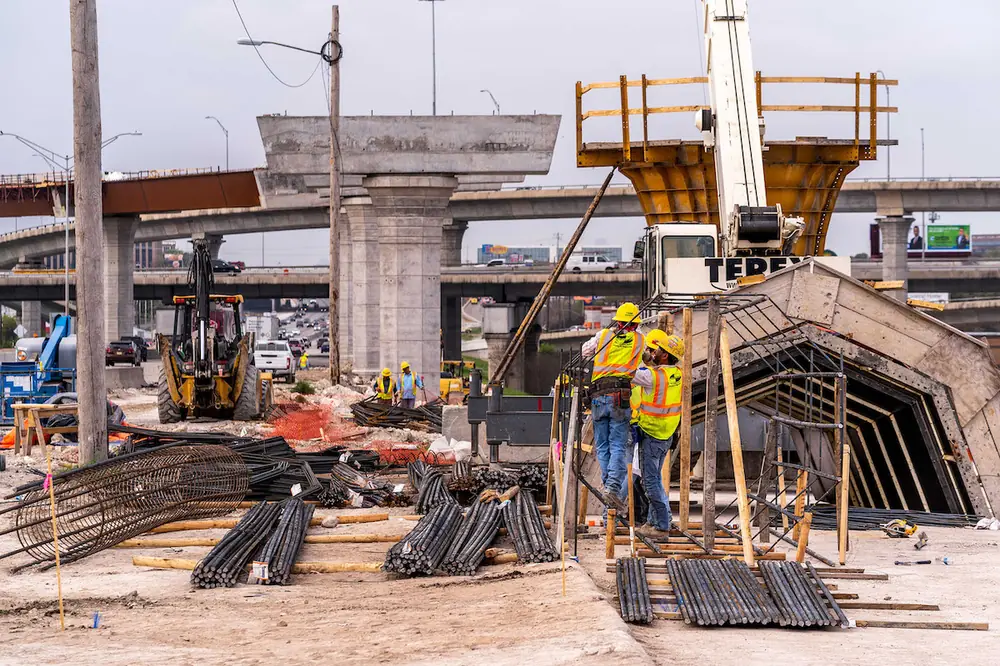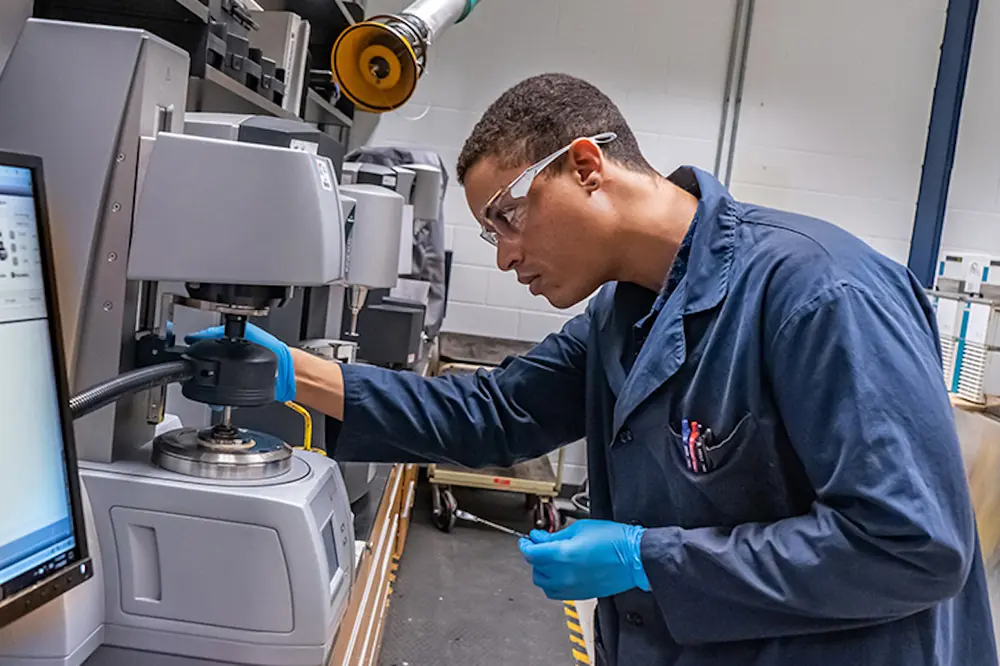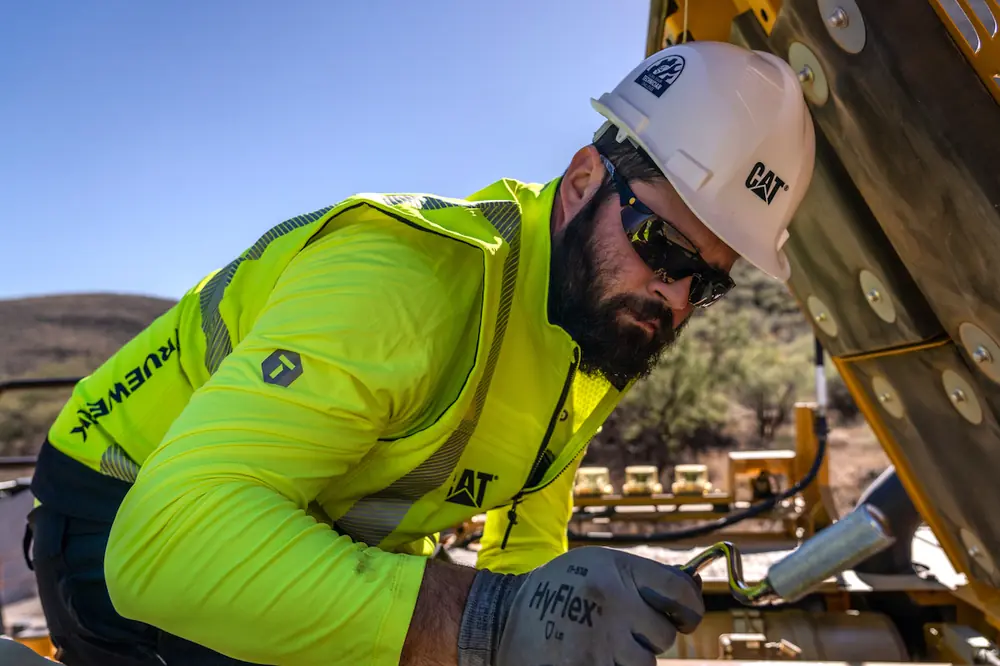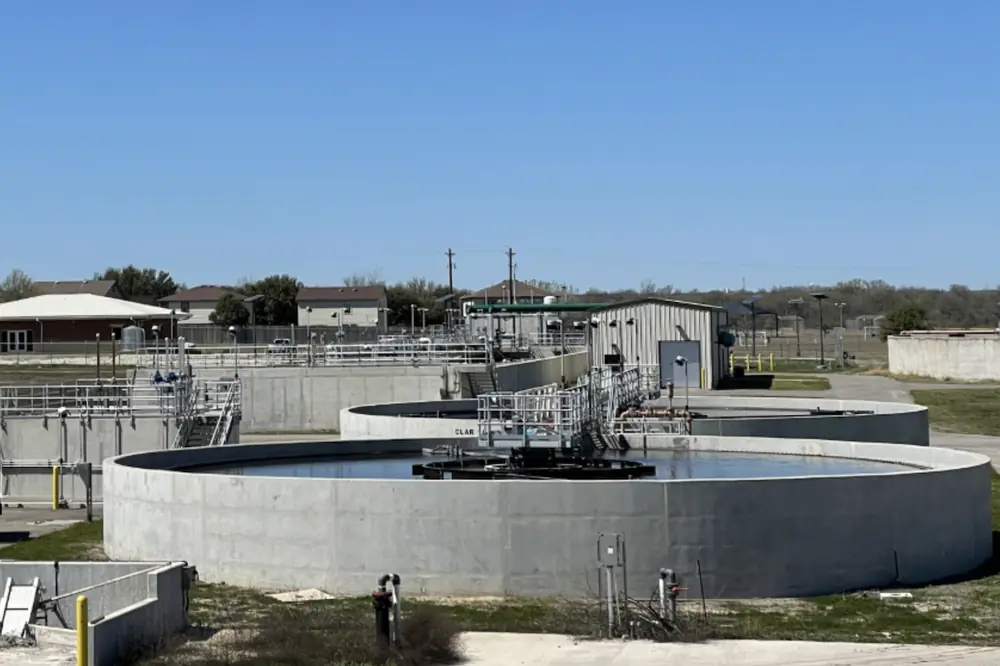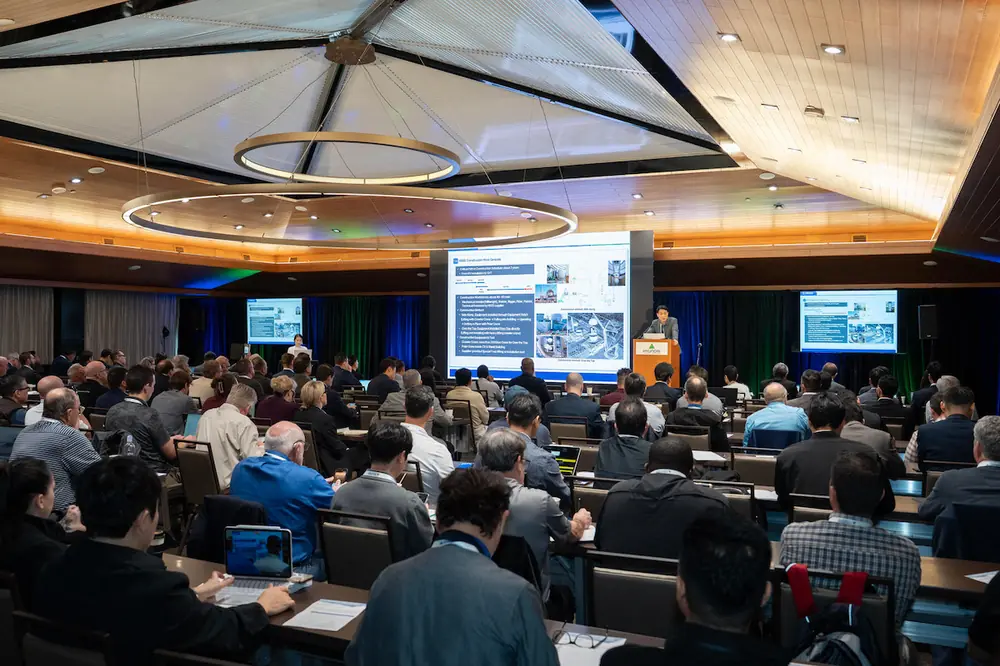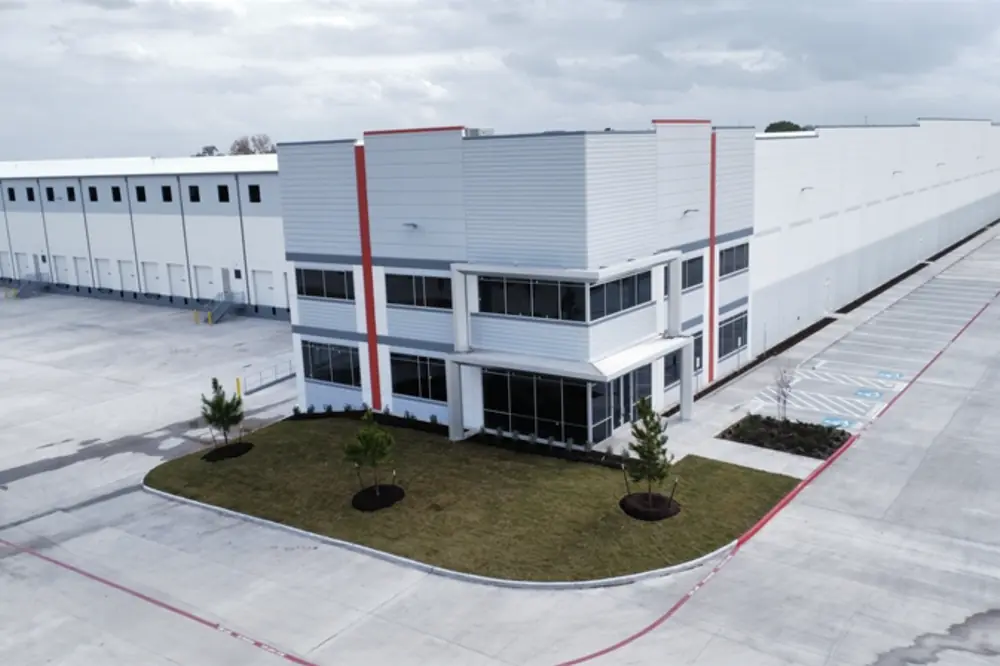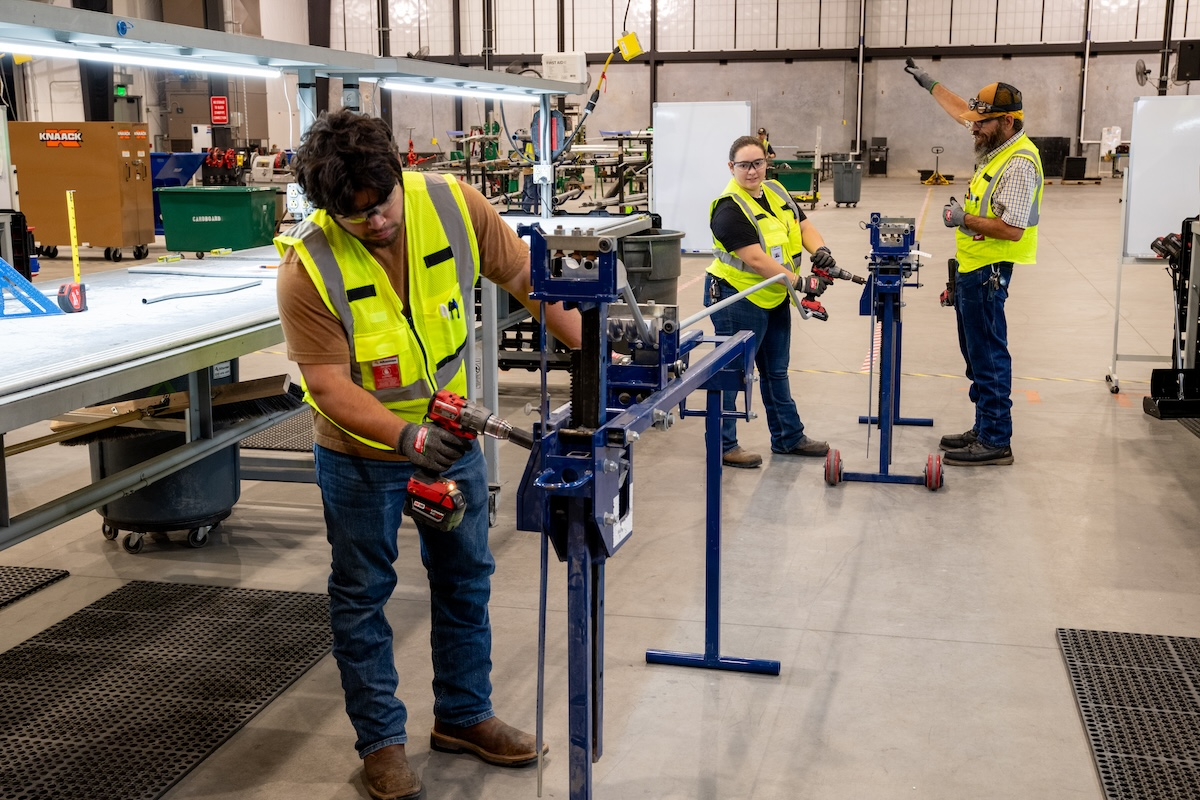If this is happening on a job, you have likely begun wondering whether the green light of an NTP will come with a yellow – or red – signal from your projected job costs. To your lawyer, the question is simple – can we recover for delay in issuance of a notice to proceed? The answer on the other hand, is not so simple. Here, we will lay out what you need to know, and do, to protect yourself moving forward. And you will find that, in most cases, by communicating with your owner – informally and in writing – you will position yourself to make the best of a bad situation.
These claims are founded not only on contract language but the caselaw establishing that untimely issuance of the notice constitutes a breach of the Owner's implied duty of cooperation. Courts take this to mean that an actionable delay is unreasonable and unanticipated by the contract. But this applies to foreseeable delay, whose risk is not allocated to the contractor.
For contractors facing severe owner-induced delays, contract termination may be an option. Some contracts provide the contractor an option to terminate after a lengthy suspension. For example, § 14.1.2 of the AIA A201 allows the contractor to terminate the contract after a lengthy delay or suspension. Look for a clause like this in your documents, and if it’s not there, try to add such language.
For public projects, Texas statutes may provide for relief. Following a flurry of sovereign immunity appellate cases in the last two decades, the legislature approved statutes defining when sovereign immunity was waived for public work contract claims and defined the damages that could be brought. In each case delay damages were authorized.

| Your local Yanmar dealer |
|---|
| CLM Equipment Co |
| WPI |
| CLM Equipment Co |
| WPI |
For example, Local Government Code Ch. 271 allows a claim against a local government entity “including any amount owed as compensation for the increased cost to perform the work as a direct result of owner-caused delays or acceleration.” The same language appears in the County Purchasing Act, Local Government Code Ch. 262. Government Code Ch. 2260 provides a procedure for claims on most state projects and specifically mentions “any delay or labor-related expense incurred by the contractor as a result of an action or a failure to act by the unit of state government.” This statute does not apply to Texas Department of Transportation (TxDOT) work, but the TxDOT Standard Specifications have long recognized compensation for TxDOT-caused delays.
And if there’s any silver lining to our pandemic/supply chain problems, it might be that some owners are more sympathetic to the vagaries of today’s supply markets. Some owners will accept contract provisions for price volatility. And with others you can do planning for unknowns.
But fundamental blocking and tackling still applies. Know your contracts. When and if you need to, try to negotiate terms for relief from owner delays. Communicate openly about what you need to get the job done and follow up with formal notice through contractual procedures.
Curtis W. Martin is a Partner at Peckar & Abramson and an experienced attorney who has been deeply involved in the construction industry since 1979 as both a construction lawyer and an industry executive. Martin is Board Certified in Construction Law by the Texas Board of Legal Specialization and has shared his expertise by teaching construction law and contract management in numerous locations, including 22 states, Canada, Puerto Rico, Switzerland, Malaysia, and Cyprus, and U.S. universities such as Colorado State University and Georgia Tech.
Steve Garcia is an associate in Peckar & Abramson’s Houston office – specializing in Construction and Infrastructure and Litigation. As a former engineer and general contractor, Garcia offers a unique perspective to construction law and operational disputes. His wife and kids own the lion’s share of his time off – but he finds time to cheer on UH and Notre Dame when he can.














